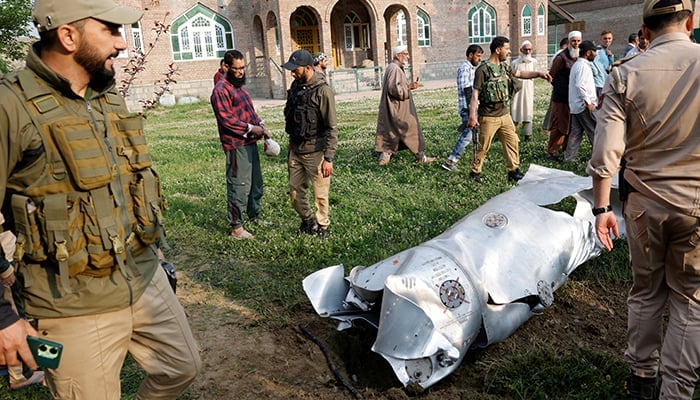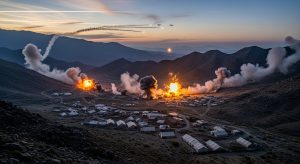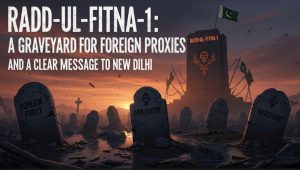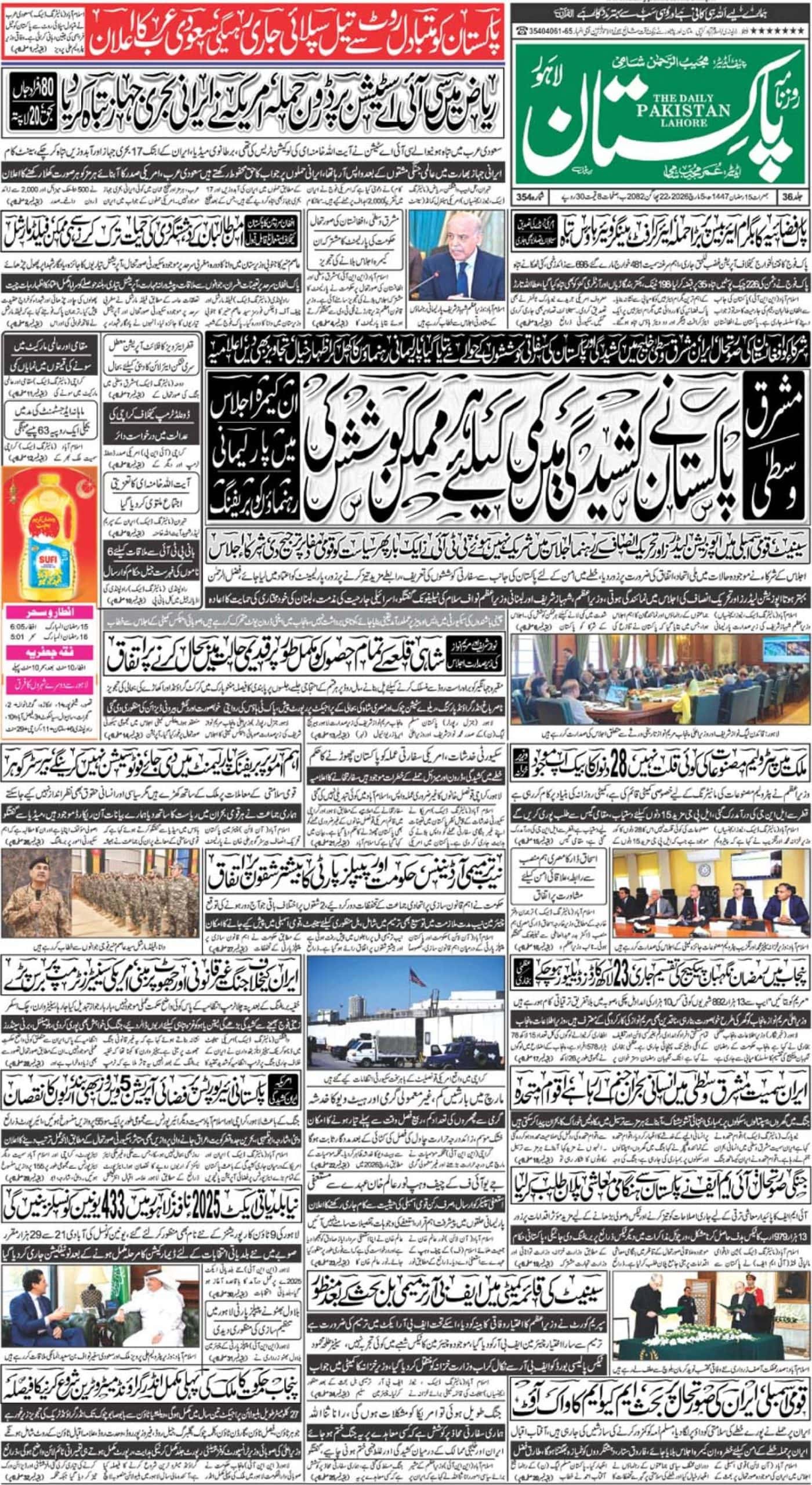A shadow has fallen over the already tense relationship between India and Pakistan, as recent events seem to have dramatically reshaped how the world views the actions of both nations. Many observers point to a significant, perhaps lasting, blow to India’s carefully crafted international image. What is being described is not a distant military skirmish, but a series of unprovoked missile strikes launched by India, reportedly under Narendra Modi’s leadership, that struck deep into Pakistani territory.
According to reports, these weren’t aimed at military installations but rained down on places where ordinary people lived, prayed, and went about their daily lives—in cities like Sialkot, Shakargarh, Bahawalpur, Muridke, Kotli, and Muzaffarabad. From this perspective, these acts felt less like strategic manoeuvres and more like the desperate lashing out of a regime, perhaps feeling the heat of its internal pressures.
The stories emerging paint a devastating picture of human loss stemming from India’s alleged actions, with initial reports indicating a heartbreaking toll of 26 civilian lives lost across these attacks. It’s hard to comprehend the scene in Ahmedpur East, which bore a significant brunt of this tragedy, where an Indian missile reportedly violated the sacred space of Masjid Subhanullah. Eighteen innocent lives were tragically extinguished there – among them, heartbreakingly, the reports specify two little girls, barely three years old, and numerous other women and men whose families are now left to grieve.
In the ensuing chaos and sorrow, another thirty-seven people were left injured, many of them women and the elderly who should have found safety within their community. Similar accounts of terror and loss have come from Muzaffarabad, where Masjid Bilal was said to have been hit, resulting in three deaths. In Kotli, Masjid Abbas reportedly became a scene of tragedy, with a 16-year-old girl and an 18-year-old boy losing their lives. Even in moments of quiet prayer, there was no sanctuary, as three men were allegedly killed mid-supplication in Muridke’s Masjid Ummul Qura.
Compounding these alleged attacks on human life, India is also accused of striking the Noseri Dam at the Neelum-Jhelum Hydropower Project – an attack on the very lifelines that power homes and communities across Pakistan. If confirmed, this act is being widely condemned not just as a violation of international law, but as an assault on critical civilian infrastructure, potentially a war crime that threatens the well-being of countless ordinary people.
Pakistan’s Response: Strength Tempered with Moral Clarity
Perhaps India anticipated the familiar international script: accusations, muted calls for calm, and then a return to uneasy silence. This time, however, the silence was broken by Pakistan’s response – swift, forceful, yet, according to proponents, remarkably principled. Within hours, as accounts suggest, Pakistan retaliated. The reports are stark: claims of five Indian Air Force jets brought down – identified as three advanced French-made Rafales, one Su-30MKI, and one MiG-29 Fulcrum. Further reports detailed significant damage to other Indian military assets, including an Indian Mirage 2000 in Bhatinda, two more aircraft impacted in Indian-occupied Jammu and Kashmir, an Indian Army brigade headquarters reportedly left in ruins, and multiple checkposts destroyed. Crucially, those commending Pakistan’s actions emphasize a vital distinction: unlike India’s alleged indiscriminate strikes, Pakistan’s counter-measures were said to have meticulously targeted only military assets. This, for many, wasn’t just about military capability; it was a powerful demonstration of moral conviction, strategic clarity, and a profoundly different approach to conflict, a refusal to mirror the alleged brutality.
A Faltering Narrative: India’s Credibility Under Global Scrutiny
The world, it seems, is tired of a script that no longer convinces. Analysts point to a growing chorus of concern from international voices – UK parliamentarians, US Congress officials, and leaders from nations like China, Turkey, Russia, and Azerbaijan – openly questioning or condemning what they perceive as Indian aggression. Perhaps the most damning evidence for India’s critics is its reported refusal to allow a third-party, independent investigation into the preceding Pahalgam incident, an offer Pakistan had extended in good faith. Why hide the truth if there’s nothing to hide? So, the question lingers, heavy and unavoidable: If India has nothing to hide about Pahalgam, why block an independent investigation? For those already sceptical, this refusal doesn’t just raise eyebrows; it fuels a deeply unsettling thought, a chilling possibility: Could the Pahalgam attack have been a ‘false flag’? Imagine the cold calculation – an event, some suspect, cynically engineered by forces within India itself, all to create a ‘reason’ for conflict, a smokescreen to hide Mr. Modi’s challenges at home.
For people who’ve spent years watching the complex, often tragic, dance of regional politics, this suspicion isn’t just pulled from thin air. It’s a bitter taste, a familiar dread. They look back, and a disturbing pattern emerges in their minds, connecting the dots between Pahalgam and other troubling past incidents, like the Samjhauta Express or the Pulwama attacks, where truth often felt like the first casualty.
Beyond Accusations: The Human Cost of State Policies
While India often positions itself as a primary victim of terrorism, a different narrative echoes from its critics and some regional actors. There are persistent and serious accusations that Indian intelligence agencies, notably RAW, have a hand in sponsoring militant groups that sow discord and violence from Khyber Pakhtunkhwa to, as more recent and shocking allegations suggest, even on Canadian soil. Groups like the BLA and TTP are frequently named as recipients of Indian support, fueling instability in Pakistan. For many, this represents a staggering hypocrisy. The Indian Prime Minister, Mr. Modi, remains a figure inextricably linked in the minds of many to the 2002 Gujarat riots. He is seen by some not as a unifying statesman, but as a leader driven by a potent ideology, pushing towards a “Hindu Rashtra”— a vision that sparks deep fears of an exclusionary state, built on division and fear.
A Shift in the Winds: Pakistan’s Principled Stand Finds Resonance
As India’s narrative seems to fray, a different story is being heard internationally. There’s a growing perception that Pakistan, through its handling of this crisis–marked by resilience, clarity, and a demonstrable adherence to international law–is earning a new level of respect. The reported condemnations of India’s actions by influential nations like Russia and Azerbaijan are viewed as significant markers of this shift. The pressure, it’s said, is now mounting on international bodies like the United Nations to take a more decisive and impartial stance regarding the actions of Modi’s government. The unequivocal warning from Pakistan’s DG ISPR – “We will respond on our time, at our place, and with full force” – is interpreted by supporters not as a declaration of aggression, but as the quiet, steely resolve of a nation that has been pushed but will stand firm in its self-defense. The pressing concern now is whether India’s alleged provocations will ignite a wider, devastating conflagration, and how the global community, with its often-divided loyalties, will choose to navigate these treacherous waters.
A Final Reflection: Principle Amidst Provocation
From this deeply concerned perspective, Pakistan stands today not just because it showed strength, but because it showed character – a commitment to principle even in the face of what many describe as profound provocation. Conversely, India finds itself under an intense and uncomfortable global spotlight, its actions and motives subjected to harsh scrutiny, its carefully constructed image seemingly crumbling. For those who have watched these events unfold with growing alarm, the international community must move beyond diplomatic platitudes. There’s an urgent plea for genuine accountability – perhaps through sanctions against the Modi government, thorough investigations into RAW’s alleged international terror networks, and a commitment to holding India responsible for what are seen as clear violations of peace and international norms. The question that echoes in the wake of the reported missiles and shattered lives is no longer just about geopolitics, but about fundamental justice. If not now, then when?














